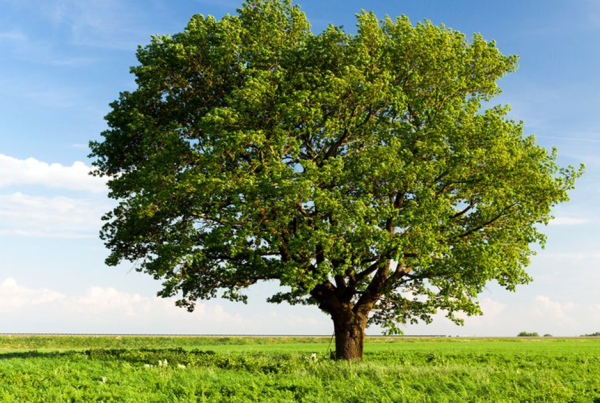
Do Trees Hibernate During The Winter Season?
Yes, they do. However, they do not have enough protection against the extreme cold weather, unlike hibernating creatures that find a snug spot first before setting in. And because trees are left out of the open during the winter, they get to experience the intensity of the cold season and suffer from it.
How The Winter Weather Can Affect Your Trees
The harsh winter condition can be a bit stressful on trees, especially newly planted trees, since they are still missing strong defense mechanism that can protect them against the weather, such as thick barks and solid root system.
But there are actually several methods that you can do to help winterize your trees and keep them protected against frigid temperatures and even snowstorms. In this article, let’s discuss a list of winter tree care tips that you should do before hibernation sets in. Here’s everything that you should know:
Water Trees Properly
It is really important to make sure that all your trees, especially those that have just been planted, are well-watered during the fall season and until the ground is completely frozen. Doing this will help keep trees hydrated, while also ensuring that they have enough water source before the hibernation process takes place.
Irrigation Bags
And by the way, see to it that before the temperate drops too low you are done removing irrigation bags that surrounded the tree trunk.
Mulch Tree’s Surrounding
Another effective way that you can do to protect your trees this winter season is through mulching.
- Before the autumn season ends, add a thin layer of organic mulch beneath the drip line of the trees. See to it that the layer is not more than two inches.
Benefits of Mulching
Mulching your trees is essential because it can help insulate the soil and the roots against extreme cold temperature. Besides that, mulching is also known to absorb water much longer, preventing trees from experiencing water loss.
How To Properly Lay Mulch
When it comes to putting mulch, do not pile it directly on the tree trunk. It is much better if you mulch when the ground around the tree already freezes; this will prevent tiny creatures such as mice from making the mixture their quarters for the winter.
Spray Trees with Anti-Desiccant
Desiccation is actually one of the major culprits causing trees to suffer during winter.
- Once the ground freezes, the roots are prevented from taking water from the soil; this will lead the trees to use up all the water they’ve stored in their stems and leaves, and eventually causing water loss.
Evergreen trees such as mountain laurels and rhododendrons are among the most common victims of desiccation.
How Anti-Desiccant Will Help
To avoid trees and plants from drying out, anti-desiccant products are incredibly helpful. Through spraying trees with an anti-desiccant product, the leaves will be covered with a waxy coating that protects trees against moisture loss.
Wrap Your Trees
During winter, trees are also susceptible to suffer from sun scalding.
- The sun during cold winter days can cause the bark of the trees to heat up near the stimulation of cambial activity.
- When the sun is blocked by either a building or a cloud, the temperature of the bark lowers down swiftly, killing the active tissue. This will result in dried and cracked areas on the bark.
How To Wrap Your Trees
To prevent this, tree owners must wrap their trees with plastic tree guards or tree wraps. The tree wrap can keep the temperature of bark more constant by reflecting the sun. In the absence of a tree wrap, you can also make use of a white cloth. Start wrapping from the bottom of the tree; wrap its trunk, and overlap the layers by at least 1/3. You can stop once you’ve reached the lowest branches.
Additional Tips for Winter
Apart from the tips we’ve listed above, pruning trees are also ideal during the winter since you can easily inspect the trees’ structures.
- Pruning trees during fall can help prevent disease from spreading because the cold inhibits bacteria and fungi from spreading.
Avoid Rock Salt In De-Icing
Speaking of the frigid temperatures, when de-icing, refrain from using rock salt as this can interfere with the ability of the roots to absorb nutrients, water, and even oxygen. Use instead ice melts that have potassium, calcium, and magnesium chloride.
As we’ve mentioned earlier, the winter season can be quite brutal to our trees. But by simply applying methods that can protect them during the season, your trees will survive the extreme cold weather.










